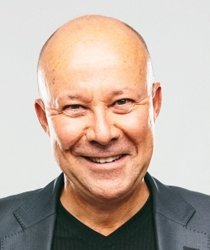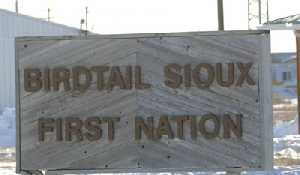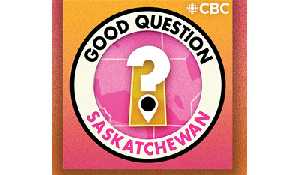The needless debate over a single word
August 7, 2017, 12:48 pm

In a perfect world, no one would ever offend us. Not a word would be spoken to hurt our feelings or displace our contentment.
But the world is not perfect. However—even though not a Trekkie—I do know that the villainous Borgs on Star Trek are all about achieving perfection.
They do it by assimilation, by transforming other beings while chanting “resistance is futile.”
The latest chapter in Canada’s culture wars features a Manitoba license plate with a Borg-inspired theme that anywhere else in the world would be a laughable parody. But not here.
Winnipeg Star Trek fan Nick Troller was granted a car license vanity plate—ASIMIL8—which he mounted inside a plate holder that states “We are the Borg” and “Resistance is futile.”
All was well for two years until Manitoba Public Insurance rescinded the plate for being offensive to Indigenous people. Apparently two complaints had been received.
It’s not like Nick’s plate contained a profanity or disparaging epithet. It’s a single word as homage to TV pop culture, nothing else.
That some fragile complainer saw “assimilate” on a Star Trek-inspired plate as a racially inspired insult is testament to a modern life marked by a culture of exceptionalism, hurt feelings, grievance collecting and perpetual indignation.
Canadian history has a long, documented and tragic pattern of failed government policies predicated on the “gradual assimilation of Indians with their fellow citizens.” This resulted in ill-conceived policies, including residential schools and the removal of Indigenous children from their homes as they were adopted into non-aboriginal families and cultures.
Canada is struggling and will prevail in our attempts to find genuine and enduring reconciliation. But it won’t come through publicly banishing the word assimilate.
John Carpay, the refreshing Calgary lawyer who supports Nick Troller, put it well: “It’s another case that pits the Charter’s freedom of expression against the new, phony right not to be offended.”
In robust democracies, the right to offend is not shied away from. But in today’s Canada, there is a tendency to try converting into a hate crime anything that members of an identifiable group are offended by, particularly if they are able to claim that it threatens their sense of well-being and causes them to fear harm.
Certain words, images and even thoughts can apparently “trigger” people. And, if someone says they’ve been triggered, everybody else must change their own behavior.
If the word “assimilate” can trigger people, imagine the range of words from “home office” to “colonize” related to 19th century policy making.
University of Manitoba academic Niigaan Sinclair dismisses free speech as a “bogus argument” and says “if Indigenous peoples feel triggered by a license plate or a sports logo or the name of an historical figure on a building, Canadians would be best served to listen to why Indigenous peoples are triggered, and show some care and sensitivity when they express themselves.
“You can’t just say whatever you want to say without any worries of consequence or responsibility.”
He’s correct in that words matter and we ought to be considerate and sensitive. But one consequence of words, in a free society, should not be censorship.
The Charter of Rights and Freedoms guarantees everyone “freedom of thought, belief, opinion and expression.” It doesn’t say “only if no one’s feelings are hurt.”
If innocent use of the word “assimilate” is insulting, triggering and hurtful—which is debatable—then the answer is to educate, engage or complain. It’s not to ban common words in the public space.
Even in a perfect world—if we can find one without Borgs—an assault on language and freedom is not the way to go.




































